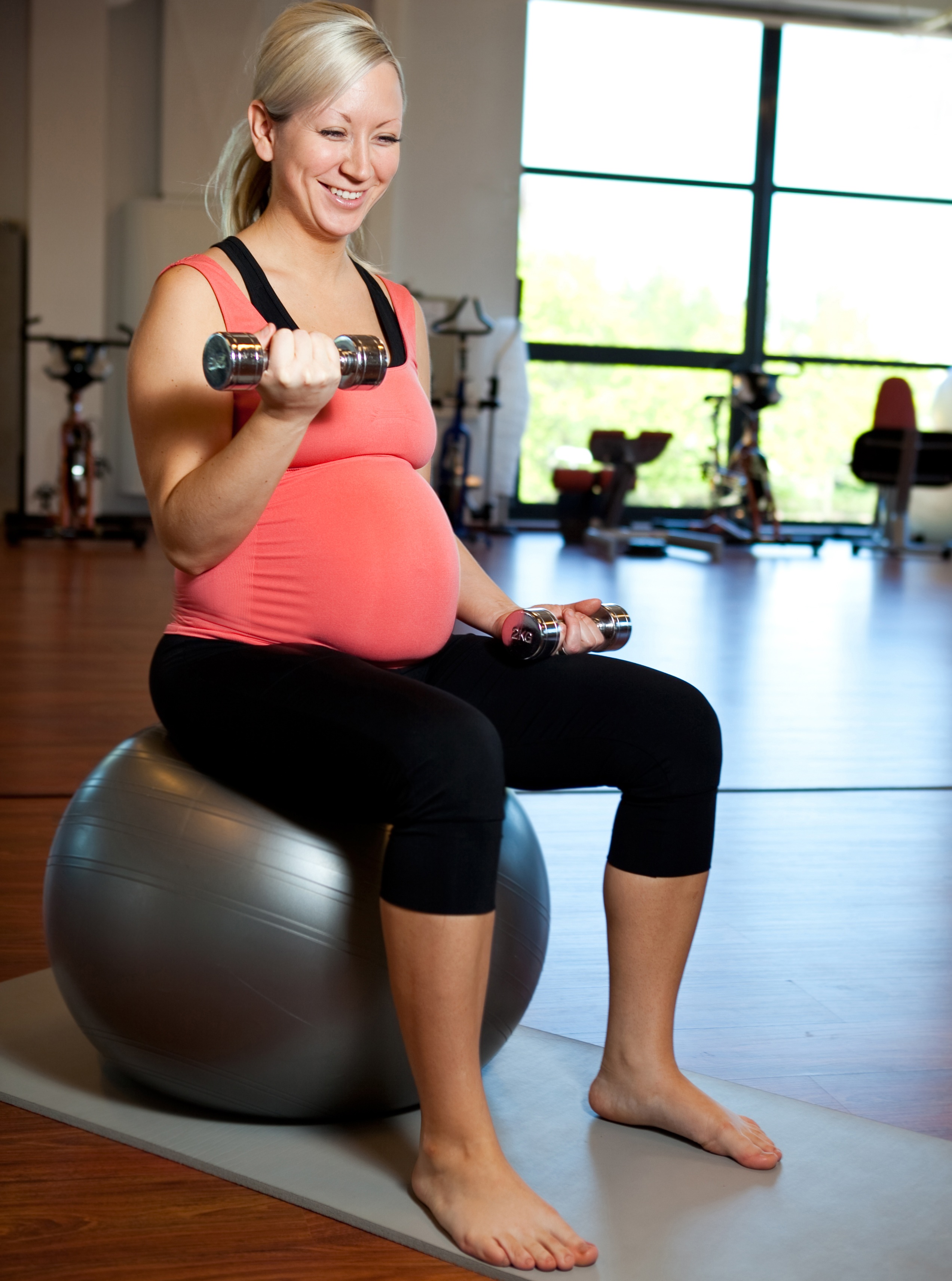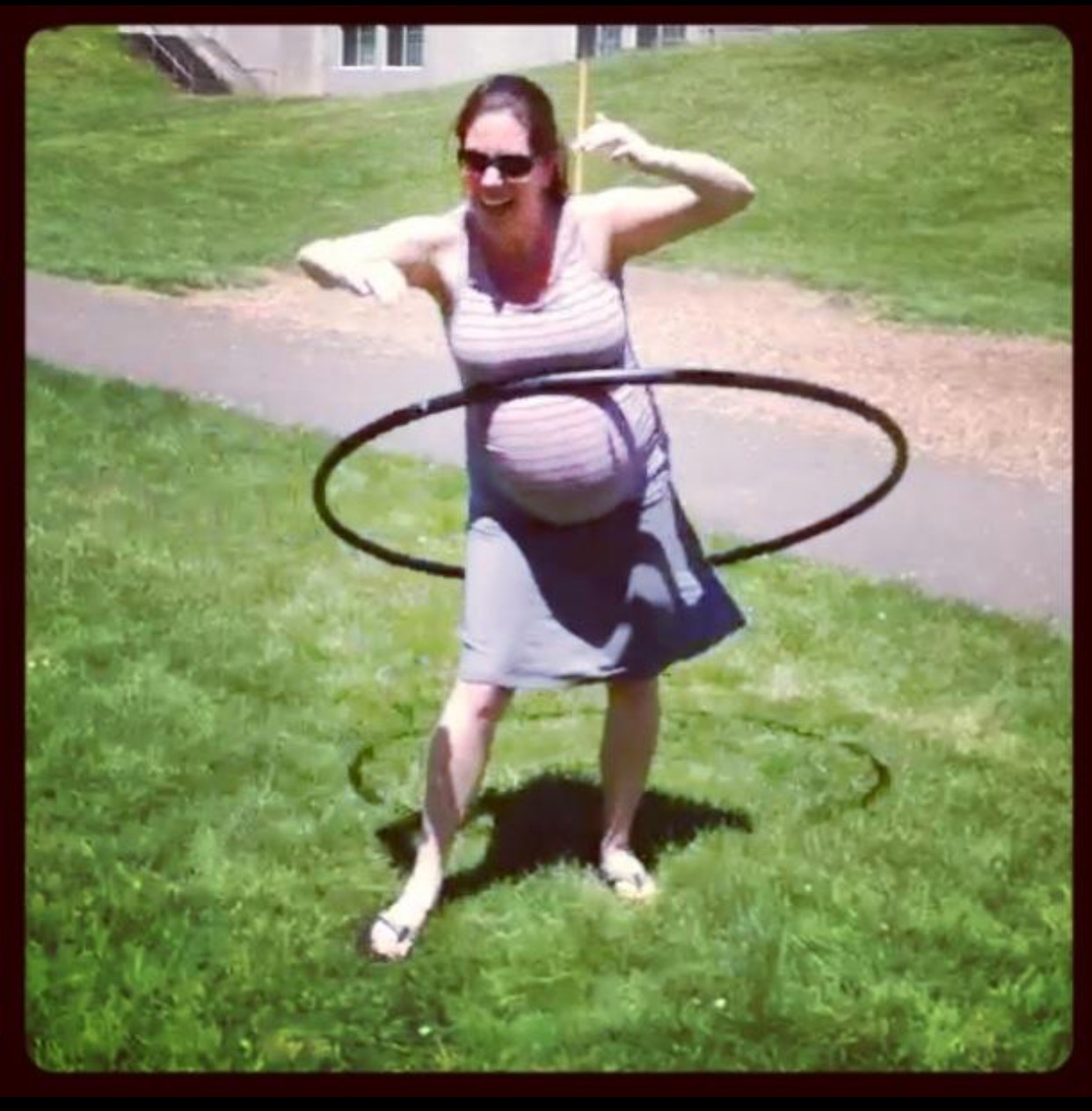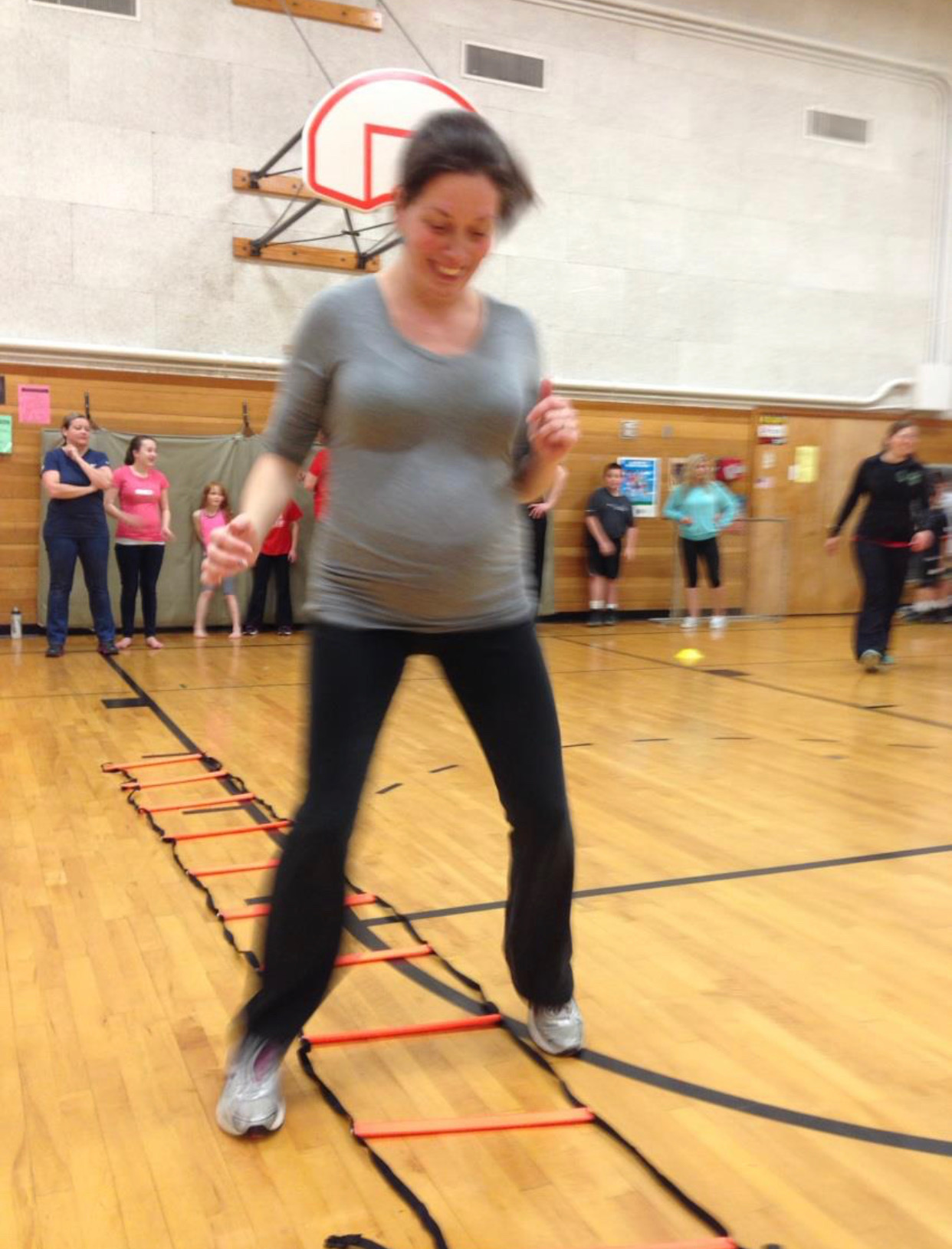
Exercising During Pregnancy: Guidelines, Benefits and Safety
There are usually many concerns and questions that come to mind when planning if or how you should exercise during pregnancy. Personal Training and exercise helps improve or maintain physical fitness and overall health and wellness during pregnancy. This type of exercise during pregnancy is important and can help with some common discomforts of pregnancy, life morning sickness, and even helps prepare your body for labor and delivery.

Is exercising during pregnancy safe?
Overall and in most cases, exercise is safe during pregnancy, unless your health care provider says otherwise. You will usually find your health care provider will even recommend it. If you were physically active before you were pregnant, it is likely safe to remain active during pregnancy. More than likely, your healthcare provider will tell you to remain active, as long as it is comfortable and there are no other health conditions suggesting otherwise.
Now is not the time to exercise for weight loss, however, proper exercise during pregnancy will likely help with weight loss after the delivery of your baby. Exercise does not put you at risk for miscarriage in a normal pregnancy. Though you should consult with your health care provider before starting any new exercise routine.
What are the benefits of exercise during pregnancy?

Exercising for 20-30 minutes on 3-5 days a week can benefit you during pregnancy. Exercising for just 10-15 minutes, 3 or 4 days a week, is still beneficial, as well. The important thing is to be active and get your body moving.
To have success in completing exercises during pregnancy, it is a good idea to work with a fitness professional if you need help figuring out a plan. As shown in the photos above, balance and mobility are great, low impact exercises can be highly beneficial during pregnancy.
Here are some of the benefits from exercise during pregnancy you may experience:
- Reduces back pain
- Eases constipation
- May decrease your risk of gestational diabetes, preeclampsia, and cesarean delivery
- Promotes healthy weight gain during pregnancy
- Improves your overall general fitness and strengthens your heart and blood vessels
- Helps you to lose the baby weight after your baby is born
You can visit this page for more information about the effects of exercise on pregnancy.
Tips for choosing exercise programs during pregnancy

If you participated in a regular exercise activity prior to becoming pregnant, it is probably fine to continue during your pregnancy. If you are just getting started, going straight into high intensity exercise like Crossfit, bootcamps might be a bit much. There are many exercises that are safe to do during your pregnancy, but it is important not to overdo it and to use caution, especially when it comes to high impact exercises. Talking with a personal trainer with experience working with pregnant clients is a great place to start.
You will probably want to avoid these types of exercises during pregnancy:
- Activities where falling is more likely
- Exercise that may cause impact on the abdominal area, including activities like burpees or certain exercises using weighted abdominal exercises
- Activities that require extensive jumping like jump rope
- Bouncing while stretching is always a bad idea
- Twisting movements for abs
- High intensity exercise followed by long periods of rest
- Exercising in hot, humid weather like Bikram yoga
- Holding your breath for an extended period of time is never a good idea
- Do not exercise to the point of exhaustion
You may want to include these basic guidelines in planning exercise during pregnancy:
- Be sure to wear loose fitting comfortable clothes, as well as, a good supportive bra
- Choose well-fitting shoes that are designed for the type of exercise you are doing
- Exercise on a flat, level surface to prevent injury
- Eat enough healthy calories to meet the needs of your pregnancy, as well as, your exercise program
- Avoid dieting to lose weight during pregnancy rather work to eat healthier
- Eating at least one hour before exercising
- Drink plenty of water before, during and after you exercise
- After doing exercises on the floor sit up and be patient before getting back up
Please see this article for more information on exercise guidelines.
Which exercises during pregnancy are beneficial

Before you begin exercising, remember it is important to talk to your health care provider. If you typically get little or no activity, walking is a great exercise to start with. Walking is usually safe for everyone, it is easy on your body and joints, and it doesn’t require extra equipment. It is also easy to fit into a busy schedule.
Finding a Personal trainer with experience working with pregnant women.
Ball squats or other various squatting exercises during labor may help open your pelvic outlet to help your baby descend, so practice squatting during pregnancy. If you aren't sure how to do squats or are nervous about doing them reach out to a trainer to help you with this.
Pelvic tilts strengthen the muscles in your abdomen and help alleviate back pain during pregnancy and labor. To do pelvic tilts get on your hands and knees. Tilt your hips forward and pull your abdomen in. Your back should slightly round. Stay in this position for a few seconds then relax without letting your back sag. Repeat a couple of times, working up to 10.
Body changes that affect exercise during pregnancy
There are many changes happening in your body during pregnancy. First, joint ligaments and tendons get looser because of hormones which cause certain muscles to relax during pregnancy. Your balance and center of gravity shifts from the muscles relaxing and extra weight in the front.
This can affect your balance as you near your due date. The extra weight will also cause your body to work harder than before you were pregnant, which you'll also have to adjust what and how much you are eating.
All of these factors may affect how you exercise and what exercises you choose to do. Remember, it is always recommended you consult your healthcare provider about exercises for your specific situation. When you have clearance reach out to a personal trainer to get expert help.
Compiled using information from the following sources:
https://www.webmd.com/baby/features/4-myths-about-miscarriages#1
https://www.acog.org/Patients/FAQs/Exercise-During-Pregnancy?IsMobileSet=false
